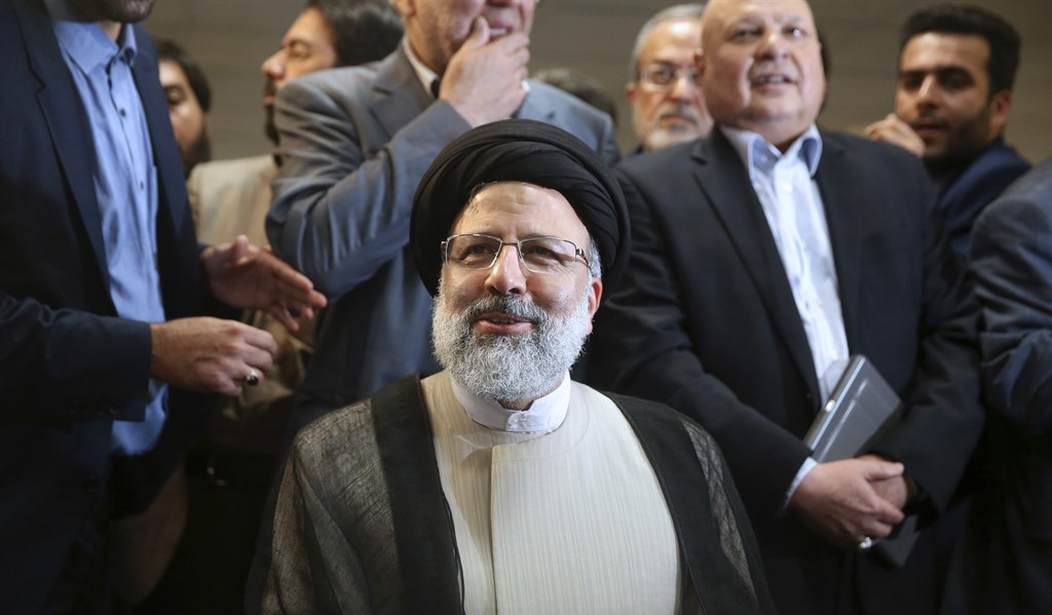The efforts of the Biden administration to somehow “fix” the ongoing negotiations with the regime of Iran seem to be running into one wall after another. The latest setback in any potential talks the White House is hoping for came last night when the speaker of Iran’s parliament announced that images from monitoring cameras installed in Iran’s nuclear facilities by the International Atomic Energy Agency which had been withheld by the Iranians would “never” be turned over to the IAEA. The reason offered was that the previous monitoring agreement had expired prior to those images being recorded, and with no agreement in place, Iran isn’t obligated to turn them over. While it’s a decidedly aggressive and confrontational position to take, you sort of have to admit that he’s got a point. (Reuters)
The speaker of Iran’s parliament said on Sunday Tehran will never hand over images from inside of some Iranian nuclear sites to the U.N. nuclear watchdog as a monitoring agreement with the agency had expired, Iranian state media reported.
“The agreement has expired … any of the information recorded will never be given to the International Atomic Energy Agency and the data and images will remain in the possession of Iran,” said Mohammad Baqer Qalibaf.
The announcement could further complicate talks between Iran and six major powers on reviving a 2015 nuclear deal.
We should keep in mind that this statement was apparently delivered before it was revealed that we had bombed their militia sites in Syria and Iraq last night. One can only imagine what the announcement might have sounded like in the aftermath.
Our Secretary of State, Antony Blinken, delivered a less-than-forceful response. He said that if Iran failed to renew the monitoring agreement with the IAEA it would represent “a serious concern” for those hoping to renew the nuclear deal.
What’s becoming increasingly clear is that whatever “moderates” were left in Iran’s government have been completely shut out of the governing process at this point. The hardliners have taken control, as demonstrated by the recent election of Ebrahim Raisi as president. What’s more difficult to parse out is precisely what sort of strategy the Iranians are relying on.
Let’s recall that under Donald Trump, we basically kicked Iran to the curb, abandoned the nuclear deal first struck by Obama, and slapped massive sanctions on Iran. You would think that with someone like Joe Biden in office now (who had already said he wanted to restart talks), Tehran might see the opportunity to improve relations and eventually get some of the sanctions off of their backs if they agreed to play ball. But instead of that, they’re thumbing their noses at the west and becoming even more defiant.
Does that mean that they’ve simply given up and will push forward, relying on their relationships with Russia and China to keep them afloat until they have a working bomb? Or do they simply believe that, unlike Trump, Joe Biden will blink first and start sending them some goodies in the hopes of getting back to the table? Biden has already reached out more than some expected, though it was all through intermediaries and back-channels. Clearly, none of those efforts have born fruit yet, though.
Iran remains a puzzle in need of a solution, much like North Korea. Kim Jong-un already has the bomb. (Quite a few of them actually.) It’s possible that Ebrahim Raisi sees the influence and power that North Korea has obtained by defying the west and developing tactical weapons and hopes to emulate that strategy. Of course, he should probably take note of the fact that most of Kim’s people are currently starving.








Join the conversation as a VIP Member